Need a reason to add more (raw) butter to your diet? It’s chock full of a butyric acid — a powerful fatty acid that reduces inflammation, helps with weight loss and even boosts energy.
What Is Butyric Acid?
Butyric acid (also referred to as butyrate or BTA) is a short-chain fatty acid that naturally occurs in raw butter, ghee, and other cultured dairy products. It can be produced by the healthy gut bacteria in our colons when we consume certain carbohydrates and fibers – namely resistant starch (1).
When we consume resistant starch, it remains “resistant” to digestion until it reaches the lower intestines, where our colon bacteria begin to consume it. Once these starches have fermented, the byproduct is butyric Acid.
Do you struggle with bloating, gas, constipation, or other digestive issues? We’ve created a FREE guide to healing your gut naturally.
Click here to get your FREE copy of our Digestion Guide!
When it comes to the bacteria living in our colon, butyrate is their favored energy source, which may be one of the many reasons it has such a positive effect on intestinal health (2). But the benefits don’t stop there. From inflammation to anti-cancer properties, butyric acid is proving to be the main attraction of the fatty acid show.
5 Benefits of Butyric Acid
1. Inflammation
Butyric acid has powerful anti-inflammatory effects in the body thanks to its ability to suppress the activity of certain proteins that produce inflammation. In particular, it helps control our inflammatory immune response by regulating inflammation-producing T-cells (3, 4).
This is a powerful discovery when we consider butyric acid’s potential to help those suffering from inflammatory and autoimmune diseases, such as Crohn’s disease and type 1 diabetes – research highlights butyrate’s beneficial role in both of these diseases.
One study found that oral butyrate supplements improved Crohn’s disease symptoms in 9 out of 13 patients, while another found that people with type 1 diabetes lack the bacteria that produce butyric acid in their guts, suggesting supplementing may be beneficial in managing the disease (5, 6).
2. Weight Loss
Butyric acid has a nifty trick up its sleeve when it comes to weight loss. While many studies have only been done on animals, human research shows that short-chain fatty acids like butyrate have positive metabolic effects, helping improve insulin sensitivity and energy (glucose) balance (7). [tweet_quote]Butyric acid has a positive metabolic effect, helping with energy and weight loss.[/tweet_quote]
Other studies found that butyric acid also regulates weight by stimulating hormones in the gut and increasing the synthesis of leptin (a major player in appetite regulation) (8).
One study found that obese mice lost 10.2 percent of their body weight, along with 10 percent of their body fat, in just five weeks of treatment with butyric acid. Researchers believe this was due to butyrate’s ability to help break down fat for energy and the fact that it improved insulin sensitivity in the mice (9).
3. Digestion and Gut Health
Remember how much our colon cells love butyric acid? The effects of this love are long-reaching and have a positive impact on the health of our entire gut.
Studies have shown butyrate supplementation improves symptoms of ulcerative colitis and Crohn’s disease, while another study stated that butyrate appears to be a “promising therapy” for irritable bowel syndrome (10, 11, 12). Keep in mind that most of these disease have inflammation at their root, which may be one of the reasons butyric acid shows such positive benefits.
In particular, patients with irritable bowel syndrome experienced a “significant decrease of pain during defecation” after just four weeks of butyrate supplementation. After 12 weeks, patients also experienced improvement in “urgency and bowel habit” (13). [tweet_quote]After only 12 weeks of butyrate supplementation, patients have reported better bowel habits.[/tweet_quote]
Butyric acid has also been shown to be effective at helping reduce gut permeability or “leaky gut,” which is a major factor in autoimmune-related digestive disorders like colitis (14).
4. Cancer-Fighting
Some of the most famous studies done on butyric acid show its ability to fight cancer. This is especially true when it comes to colorectal cancer, with research finding that butyrate actually induces “death by apoptosis in colon cancer cells” (15).
The combination of a high fiber diet (which equals more butyric acid produced), healthy gut flora (which butyrate and resistant starch feed), and decreased inflammation that butyrate promotes appears to be the reason researchers state, “a high-fiber diet protects against colorectal tumors in a microbiota- and butyrate-dependent manner” (16).
5. Insulin Resistance
Butyric acid is also a contender in the fight against insulin resistance. In several studies on mice, butyrate supplementation was found to improve glucose balance, improve insulin sensitivity, and even improve mitochondrial function (17, 18).
While these studies were done on mice, human studies on fermentable fibers have been shown to improve insulin sensitivity (19). Not to mention, researchers have linked an imbalance in gut bacteria to diabetes, reporting that butyrate-producing bacteria was lower than normal in individuals with type 2 diabetes (20).
Dietary Sources of Butyric Acid
Although you can choose to take a butyric acid supplement from your local health food store, getting your butyric acid from foods is the most natural option.
Foods that contain butyrate on their own include raw (unpasteurized) grass-fed butter and ghee, as well as kombucha. Organic butter or ghee from grass-fed cows also contains a decent amount if you can’t find raw dairy, although I strongly recommend making an effort to find the unpasteurized versions, since they’re easier to digest. Check your local farms and markets if you don’t see any available in your health food store. [tweet_quote]Get your fill of butyrate from raw butter, underripe bananas, and cooked sweet potatoes.[/tweet_quote]
If you want to coax your body into producing more butyric acid on its own, try adding foods high in resistant starch, like green (underripe) bananas, Jerusalem artichokes, dandelion greens, cooked then cooled sweet potatoes (refrigerate them for at least 12 hours to get the most resistant starch), and raw jicama. This is the best option for those unsure about their level of dairy tolerance.
Butyrate Dosage
It might be tempting to start downing raw butter like it’s going out of style after reading the benefits of butyric acid, but I advise taking it slow until your body adjusts.
After all, resistant starch is still a fiber, and if your gut isn’t used to an abundance of fiber, you might experience bloating if you eat too much at once. The same goes for raw dairy: even though it’s not a fiber, if you don’t consume raw dairy often and then all of a sudden up your intake, your belly might moan at you to take it slow.
To start, try adding in a small amount of resistant starch food per day, like a half cup of green bananas or a pat of raw butter. If you feel okay and notice better digestion, go ahead and try more resistant starch foods per day. Remember, start with what works for you.
Bottom Line
Overall, the research on this unique fatty acid is promising enough to give some new resistant starch foods and raw butter a go. However, for those of you looking to supplement, be aware that even though butyric acid has been associated with weight loss, it shouldn’t be thought of as a “magic” weight loss pill. Also be aware that if you choose to introduce raw butter, it is still a very calorie-dense food, so a little will go a long way.
Either way, giving your colon some butyrate love will make your gut bacteria happy.
(Read This Next: The Best Brain Food to Sharpen Your Memory & Focus)


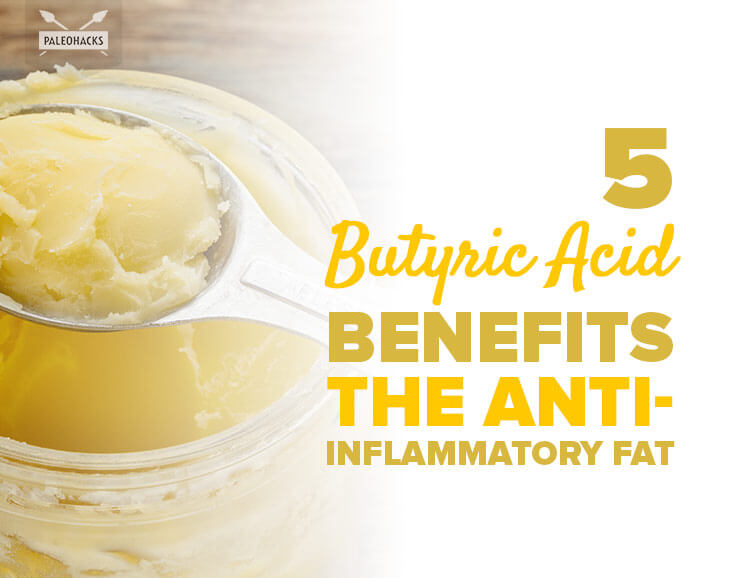



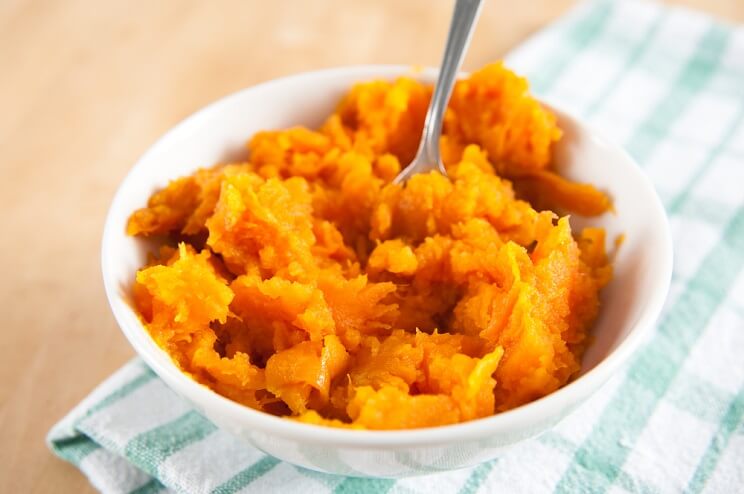
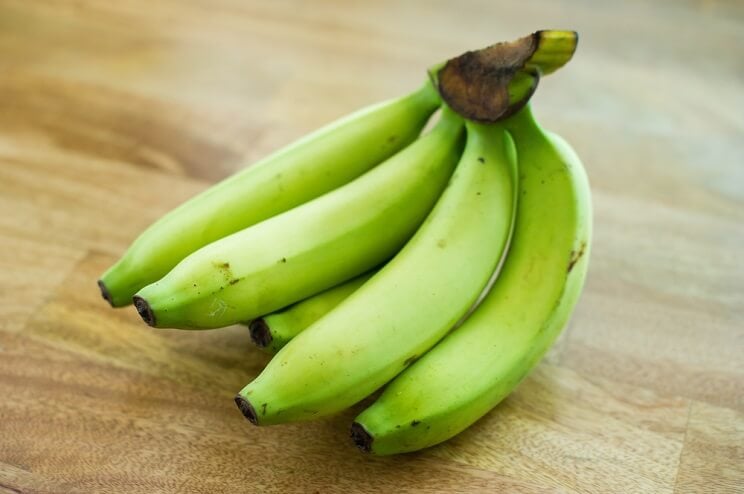
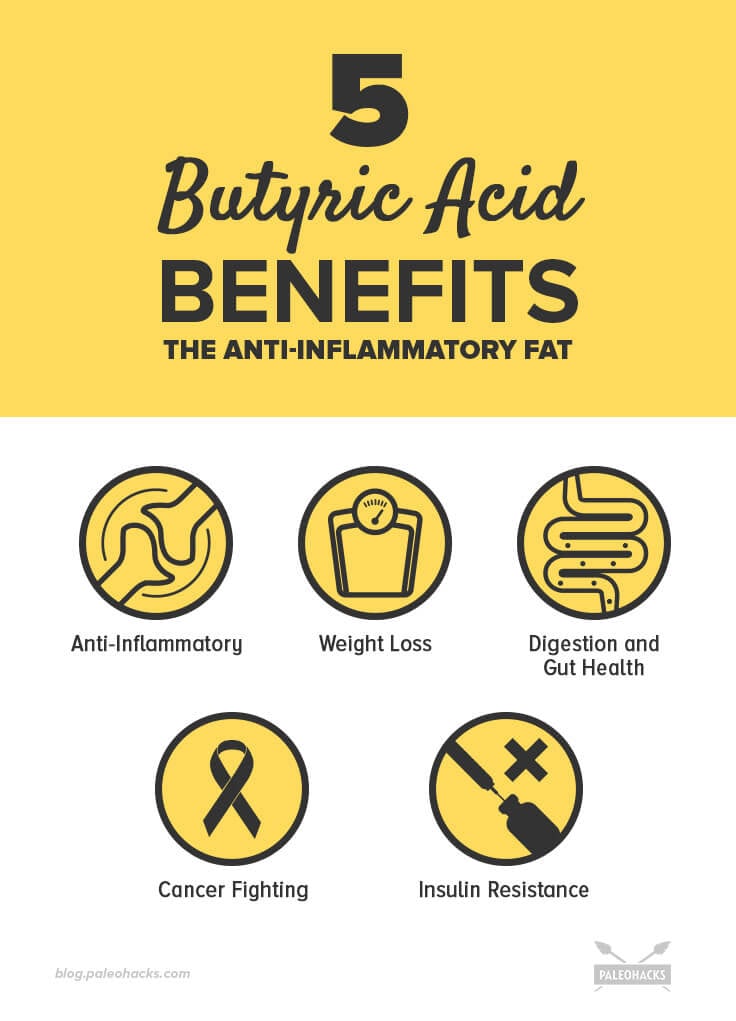
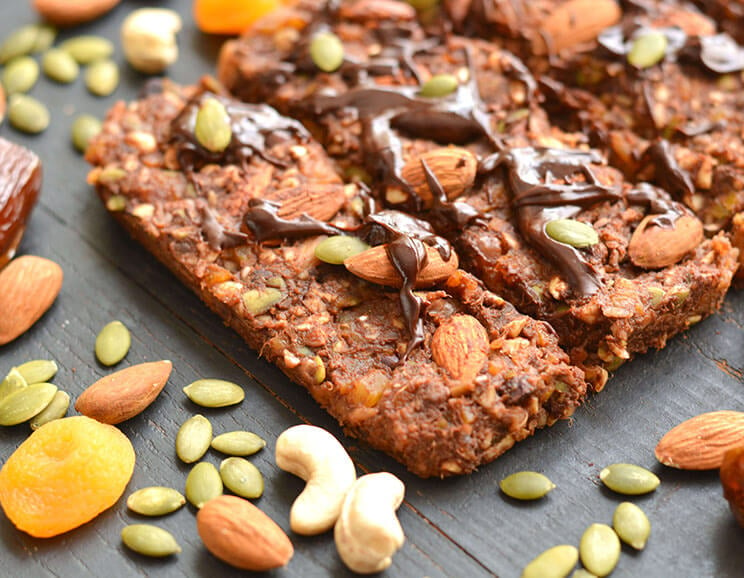 ‘Whatever Floats Your Boat’ Raw Cacao Energy Bars
‘Whatever Floats Your Boat’ Raw Cacao Energy Bars
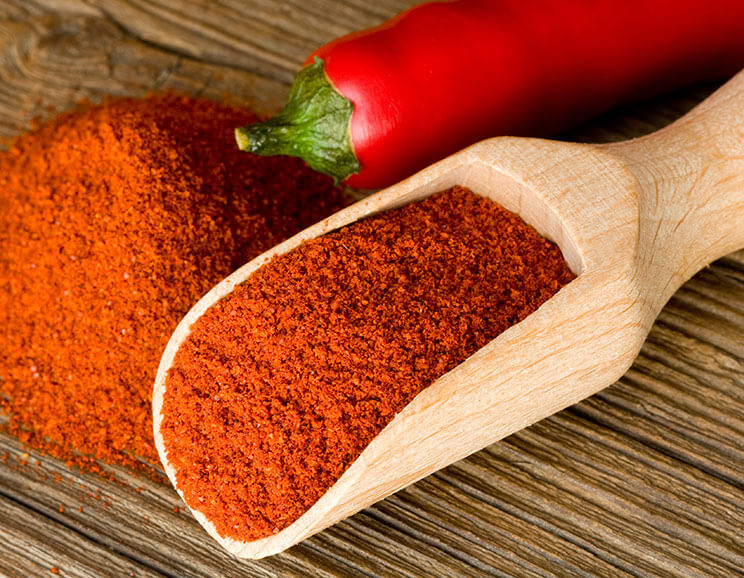
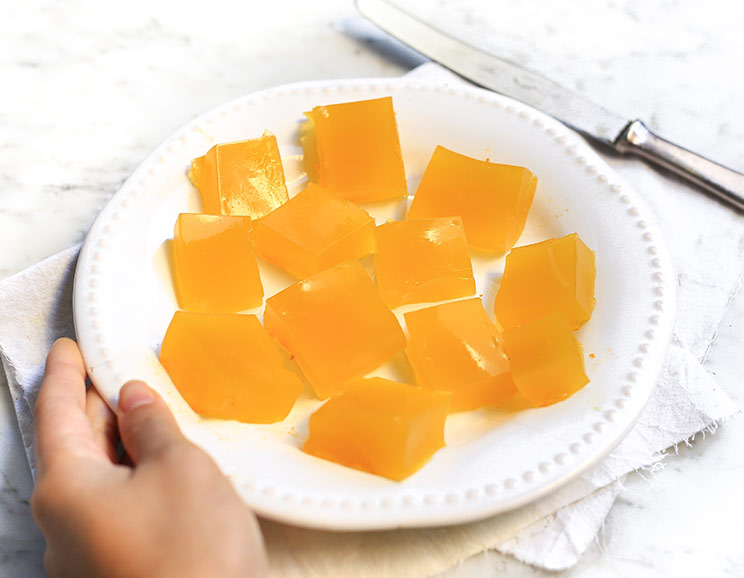

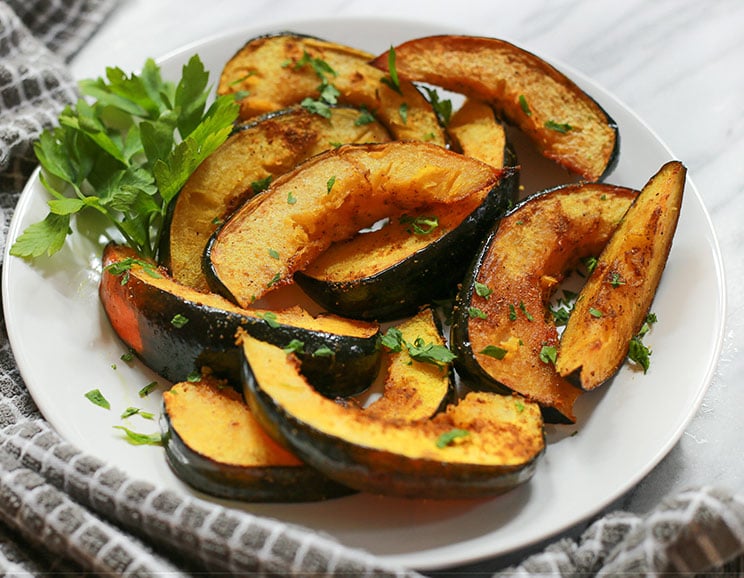




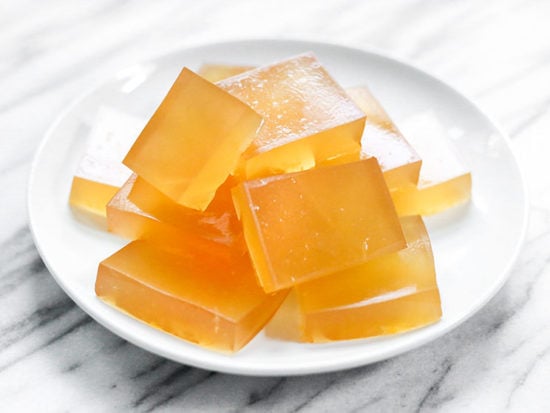
Show Comments